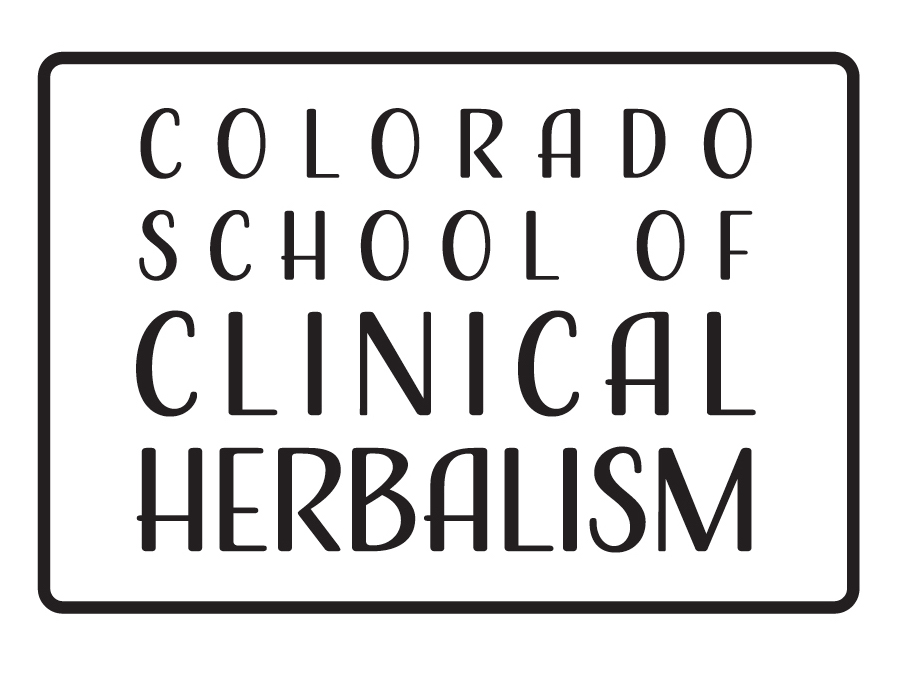 Malia Thompson, Certified Herbalist
Malia Thompson, Certified Herbalist
What do heartburn, depression, aching joints, migraines, acne, high blood pressure and cellulite have in common? These are some of the ways your body may be telling you that you are dehydrated.
Even if you think you are drinking plenty of water, you may be deprived of necessary hydration. Over time, cell membranes and connective tissues degrade, leading to a wide variety of ailments. From cellular energy to youthful skin, healthy cells and supple connective tissues are key to utilizing more of your water intake.
Where does the water go? Your body holds water in three major places – inside cells, blood, and intercellular fluid. Excess retained water accounts for puffiness and bloating. Other signs of dehydration include, fatigue, dizziness, irritability, headaches and urinating out all of your water intake.
When we are born, we are made up of over 75% water, but our water level goes down considerably as we age. What causes this loss of water? Free radicals that are made internally from normal metabolic processes as well as external sources can lead to a build-up of oxidative stress in our bodies, which can damage lipids and proteins, changing their structures and functions. The primary external sources of free radicals include poor quality water, environmental toxins like smoking, air pollution, pesticides and plastics, as well as stress. These are things that are hard to avoid in our society, but there are ways to slow down the impact of free radicals and oxidative stress on our bodies.
Here are some tips for how to drink your water to increase absorption:
- Drink spring water, or filtered water re-mineralized with trace minerals or a pinch of high-quality natural salt.
- Sip your water slowly throughout the day instead of chugging it down.
- Drink room-temperature water instead of cold water.
A diet rich in colorful vegetables will provide your body with necessary antioxidant phytochemicals to combat free radicals. You’ve heard the saying, “Eat the rainbow.” Choose organic veggies in a wide range of bright colors to get the Vitamin C, carotenoids, and flavonoids that are great antioxidants.
Include good sources of grass-fed, organic protein in your diet to supply your body with other cellular and connective tissue building blocks such as B vitamins, essential fatty acids (EFA), sulfur (for detoxification), and amino acids. Lipids and lecithin are important building blocks for cellular structure. Good sources of lipids are fruit oils, fish oils, grass fed/organic meats, chia seed, flaxseed, and other vegetarian EFA sources. Lecithin is found in egg yolks, dairy, seafood, legumes, and to a lesser degree, in Brussels sprouts, broccoli and leafy greens.
On the herbal front, Aloe vera, Chamomile (Matricaria recutita) and zinc help reduce inflammation from poor liver detoxification. Gotu Kola (Centella asiatica), Cayenne (Capsicum annuum) and Ginger (Zingiber officinale) increase circulation and vascular health. Cinnamon (Cinnamomum verum) and Marshmallow (Althaea officinalis) root are demulcent and have a moistening effect on the body. And Horse Chestnut (Aesculus hippocastanum) supports the production of collagen for healthy joints and connective tissues.
Sources:
Your Body’s Many Cries for Water – You’re not Sick, You’re Thirsty. Don’t Treat Thirst with Medication, F. Batmanghelidj, MD, 2008
Hydration & Electrolytes – It Takes More Than Just Water for Proper Hydration.
Chris Meletis, ND (http://www.traceminerals.com/research/hydration_electrolytes)
Cellular Hydration, Gordy Jordahl, Water Physiologist (http://www.abcplus.biz/Categories.aspx?Id=Gordy_Jordahl_Articles_Cellular_Hydration)
The Cellulite Solution, Howard Murad, MD, 2005
Free radicals, antioxidants and functional foods: Impact on human health, V. Lobo, A Patil, A. Phatak, and N. Chandra, National Center for Biotechnology Information, 2010 (http://www.ncbi.nlm.nih.gov/pmc/articles/PMC3249911/)
The Water In You, The USGS Water Science School, 2015 (http://water.usgs.gov/edu/propertyyou.html)
Zinc is an Antioxidant and Anti-Inflammatory Agent: Its Role in Human Health, Ananda S. Prasad, National Center for Biotechnology Information, 2014 (http://www.ncbi.nlm.nih.gov/pmc/articles/PMC4429650/)
Staying Healthy with Nutrition, Elson M. Haas, MD, 2006
The Neural Regulation of Thirst, Susan Perry, Society for Neuroscience, 2008 (http://www.brainfacts.org/brain-basics/neural-network-function/articles/2008/the-neural-regulation-of-thirst/)
Encyclopedia of Herbal Medicine, Andrew Chevallier, 2000
